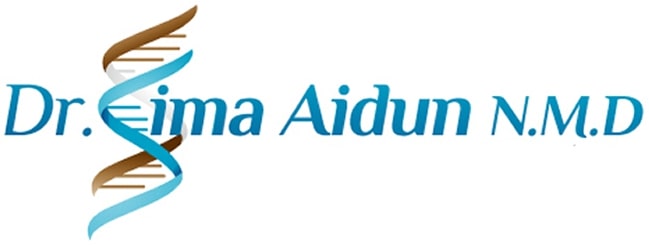As we get closer to our early 40’s, some of us might notice a rapid decline in and changes to our vision. I personally thought the doctor had made a mistake with my new eyeglass prescription!!! I went for a second opinion which only solidified the diagnosis – aging eyes phenomena!!
I wish I’d known about autophagy (aw-TAWHF-ug-gee) when I was much younger. You see, having an optimal autophagy process is crucial for all parts of our eyes. Here’s why.
The cells in our eyes are markedly different from others cell in our body. They cannot divide or replicate themselves. So if they get damaged there no other repair mechanism for them so they are very dependent on autophagy.
They also have a high metabolic rate, meaning they require a lot energy to see and transmit information and can create a lot of mess in the process of doing their job!
This means that ocular cells can be easily contaminated and polluted by oxidative stress due to constant exposure to visible light and UV radiation. To protect themselves from this oxidative damage, they depend on the self-cleaning function of autophagy for cell protection. Autophagy related proteins (knobs on the washing machine LINK to definition article) are highly concentrated in the retina.
Lack of optimal autophagy in the eyes due to aging or due to genetics has been shown to worsen age related eye diseases such as:
- Age related macular degeneration and diabetic retinopathy,
- cataracts in the lens, and
- glaucoma in the optic nerve.
We all know poor visual function has an adverse impact on our quality of life as well as our physiological and psychological wellbeing.
Nutrigenomic testing will tell you if the autophagy functioning inside your ocular cells is ideal. Or whether it could use some improvement.




